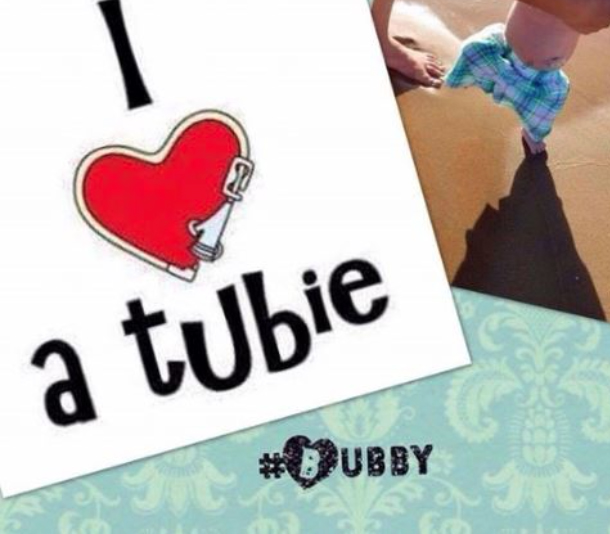Michigan Boy With Similar Mitochondrial Disease as Charlie Gard Fights for Survival

British infant Charlie Gard died July 28 from mitochondrial disease just a week before his first birthday, but his parents’ failed efforts to bring their baby to the United States for treatment focused worldwide attention on the rare disorder.
Now a 5-month-old boy in Kalamazoo, Michigan, has a similar incurable condition. And his parents say their son’s only hope is experimental therapy treatment that may or may not slow down the progression of the disease.
Russell Cruzan III, affectionately known as Bubby, has mitochondrial DNA depletion syndrome 13, which causes progressive muscle weakness and eventual brain damage.
Doctors have told Bubby’s mother, Michelle Budnik-Nap, that half of the children with the condition don’t live to celebrate their second birthday.
“Ultimately, it affects the major organs, because the major organs require the most energy,” she told WWMT-TV, Michigan’s Newschannel 3. “So right now, he’s dealing with some kidney problems, some liver problems, heart problems, definitely some muscle problems, although we’re definitely working on getting that fixed.”
In the meantime, she and Bubby’s father, Russell Cruzan, have started a crowdfunding page to help them cope with the expenses of caring for their sick child. As of Aug. 16, it has generated more than $57,000 in donations and has been shared 2,700 times on Facebook.
“We were told there was no treatment and to take our son home to enjoy the time we have with him,” Cruzan wrote to donors. “We have since learned that there is experimental treatment out there that has shown great success in others with similar conditions. We have worked tirelessly to gain the attention of the doctors administering these treatments, and we are now scheduling appointments with two of them.”
Dr. Micho Hirano, a neurology professor at New York’s Columbia University, was the expert Charlie Gard’s parents consulted. He had encephalomyopathic mitochondrial DNA depletion syndrome, or MDDS, the most quickly progressing form of mitochondrial disease.
Ultimately, British courts and the London hospital where Charlie was being cared for refused to let his parents bring him to the United States for treatment.
Hirano has agreed to meet with Bubby’s parents and to determine if experimental nucleoside therapy could benefit the child, whose MDDS 13 is causing a rapid, harmful buildup of lactic acid and ammonia in his body. Experts say Bubby is one of only 88 babies in the world with this mutation.
The case has also attracted the attention of conservative radio talk-show host Glenn Beck, who on Aug. 10 urged his listeners to help fund Bubby’s treatment. On his website, Beck explained the family’s situation under the headline: “DONATE: #Bubby is America’s Charlie Gard. Help Him Get the Treatment Charlie Didn’t.”
Meanwhile, the Pittsburgh-based United Mitochondrial Disease Foundation said both cases have helped bring global visibility to mitochondrial disease, which is relatively unknown among the general public.
“Like Charlie, Bubby’s genetic mutation of mitochondrial deletion may be rare, but mitochondrial disease is not,” said foundation President and CEO Charles A. Mohan Jr. “Approximately one in 2,500 to 5,000, adults, teens and children are affected, making mitochondrial disease more common than childhood cancers.”
Mohan told Mitochondria Disease News in an email that “unlike Charlie, Bubby’s parents were able to immediately meet with Dr. Hirano and be included together with the medical team collaborating on the best course of treatment. Treatments did not come quickly enough to help Charlie, but his short life helped to sharpen the focus for Bubby and the many other adults and children across the globe who battle daily with mitochondrial disease.”






